DeFi and Artificial Intelligence: Revolutionizing Protocols and Risk Management
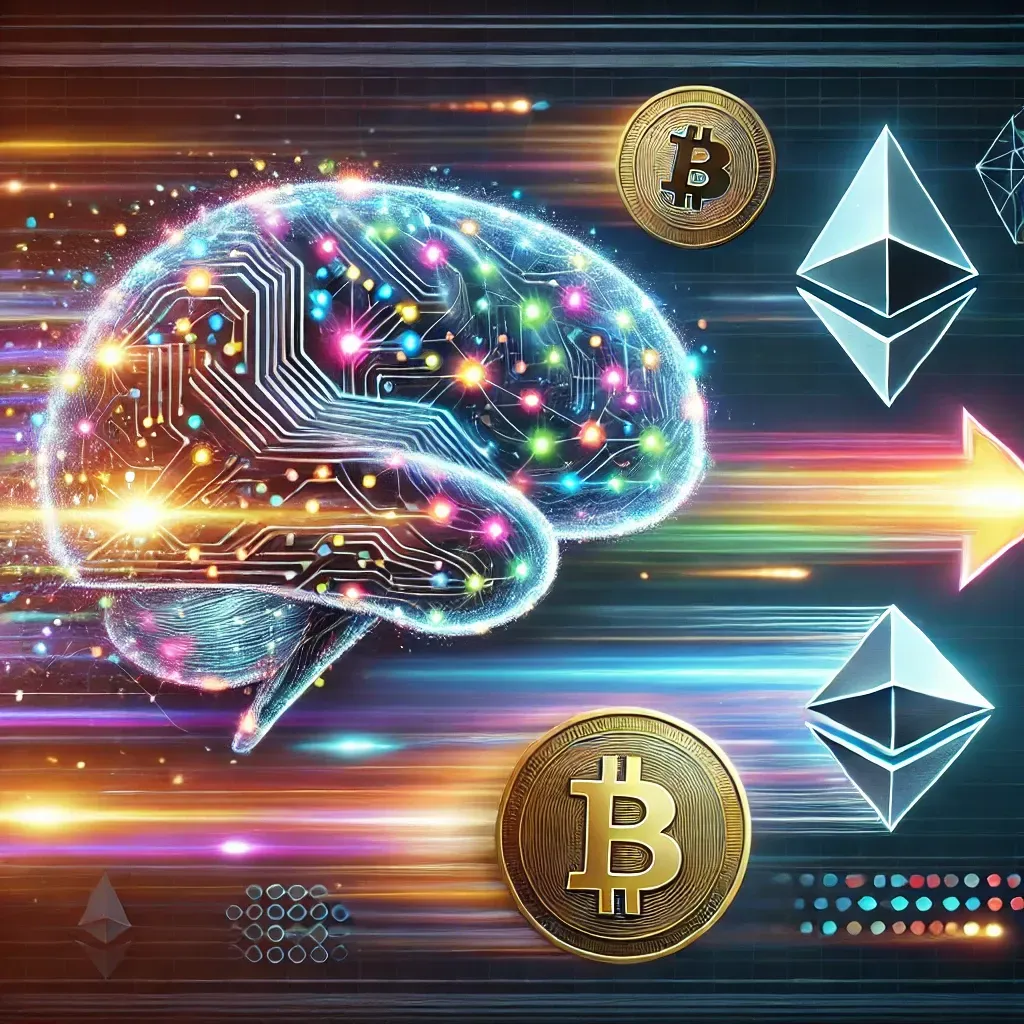
Decentralized Finance (DeFi) has brought about a profound shift in the financial ecosystem by offering decentralized, blockchain-based alternatives to traditional financial systems. Despite its transformative potential, DeFi's widespread adoption has been limited by its inherent complexity, volatility, and security risks. Artificial Intelligence (AI) is now emerging as a powerful tool to address these challenges, enhancing DeFi protocols and revolutionizing risk management. By utilizing AI's capabilities in predictive analytics, automation, and pattern recognition, DeFi platforms are becoming more efficient, secure, and accessible to a wider range of users. This article explores how AI is enhancing DeFi, focusing on its applications in protocol optimization and risk management, while also addressing the challenges and ethical considerations that arise from AI integration.
AI-Powered Enhancements in DeFi Protocols
AI is increasingly being integrated into DeFi protocols to optimize operations, improve user experiences, and enable more informed decision-making. Below are some of the key ways in which AI is transforming DeFi:
1. Automation and Efficiency
AI is automating complex financial processes, reducing the need for human intervention and minimizing errors. For example, platforms like Aave have incorporated AI-driven algorithms that evaluate borrower creditworthiness by analyzing transaction histories and broader market conditions. This dynamic approach enables more accurate lending decisions and adjustable interest rates. Similarly, decentralized exchanges (DEXs) like Uniswap utilize AI to optimize liquidity pools, studying trading patterns to reduce slippage and maximize returns for liquidity providers. These advancements make DeFi protocols more efficient and responsive, improving overall market liquidity and reducing operational risks.
2. Predictive Analytics for Market Insights
AI’s ability to process large amounts of data enables DeFi platforms to predict market trends and user behavior with unprecedented accuracy. AI models can analyze historical data, news sentiment, and social media activity to forecast cryptocurrency price movements with up to 80% accuracy, according to reports by Cointelegraph. This capability is revolutionizing DeFi investment strategies. Platforms like Numerai use AI models to crowdsource data-driven investment strategies across decentralized markets, significantly improving portfolio performance. Such predictive analytics help users navigate the volatile DeFi market, enabling more informed decisions in yield farming, asset trading, and investment management.
3. Smart Contract Optimization
Smart contracts are the backbone of the DeFi ecosystem, but they are not immune to vulnerabilities and coding errors. AI is enhancing the reliability of smart contracts by auditing code and detecting potential flaws before they are exploited. GPT-4, for example, can identify security vulnerabilities in Ethereum smart contracts, mitigating risks and reducing the likelihood of exploits. AI is also improving smart contract execution in real-time. GT Protocol, for example, uses AI to automate trade execution and portfolio management, adjusting dynamically to changing market conditions, which enhances both performance and security.
4. Personalized Financial Services
AI is enabling DeFi platforms to deliver more personalized financial services tailored to individual user preferences and risk profiles. By analyzing users’ financial behavior, risk tolerance, and investment goals, platforms like Dexponent Protocol are able to offer AI-driven "Agentic Funds" that dynamically adjust their strategies to fit user needs. This personalization makes DeFi more accessible to non-experts, lowering barriers to entry and attracting a broader user base. By automating investment strategies based on AI analysis, these platforms can ensure that even users with little to no experience in decentralized finance can confidently participate.
AI in DeFi Risk Management
Risk management is a cornerstone of any financial system, and DeFi platforms face unique risks stemming from market volatility, cyberattacks, and regulatory uncertainty. AI provides robust tools to identify, assess, and mitigate these risks effectively:
1. Fraud Detection and Enhanced Security
DeFi platforms are prime targets for cyberattacks and fraudulent activities. AI plays a vital role in enhancing security by monitoring transactions in real time and detecting anomalies or suspicious behavior. Platforms like Chainalysis employ AI to assign risk scores to addresses and transactions, helping to identify fraudulent activity such as money laundering or phishing attacks. Similarly, Aave has integrated AI-driven biometric verification systems, such as facial recognition, to prevent unauthorized access to user accounts and ensure secure transactions. Such AI-driven security measures are essential for building user trust in DeFi platforms and protecting assets.
2. Advanced Risk Assessment
AI models are increasingly used to assess risk factors in DeFi, including market manipulation, liquidity crises, and borrower defaults. Compound Finance, for instance, employs AI to analyze real-time supply and demand data, adjusting interest rates to remain competitive while minimizing default risk. AI-driven risk models can also detect unusual transaction patterns that may indicate market manipulation or vulnerabilities in liquidity, enabling DeFi platforms to take proactive measures before a crisis arises. By predicting and mitigating potential risks, AI is transforming how DeFi platforms approach stability and reliability.
3. Regulatory Compliance
As DeFi continues to grow, regulatory scrutiny has intensified. AI can help DeFi platforms comply with regulatory requirements, such as Know Your Customer (KYC) and Anti-Money Laundering (AML) regulations, without compromising decentralization. Platforms like Elliptic utilize AI to conduct advanced analytics and ensure compliance with global financial regulations, providing real-time monitoring of transactions while maintaining user privacy. This enables DeFi platforms to operate more safely within the bounds of the law, reducing the risk of legal penalties and fostering greater institutional adoption.
Challenges and Ethical Considerations
Despite its enormous potential, the integration of AI into DeFi presents a range of challenges and ethical dilemmas that must be addressed:
1. Transparency and Trust
AI's "black-box" nature, where the inner workings of algorithms are not always transparent, raises concerns about trust and accountability. Users need to have confidence that AI systems are making fair and accurate decisions. Explainable AI (XAI) models, which provide insights into how algorithms arrive at their conclusions, are a potential solution to this issue. By ensuring that AI decision-making processes are understandable and auditable, DeFi platforms can increase user trust and encourage broader adoption.
2. Security Vulnerabilities
While AI can enhance security, it can also introduce new risks. Malicious actors could potentially exploit AI algorithms to execute attacks, such as market manipulation or fraudulent transactions. To mitigate these risks, many DeFi protocols are adopting open-source code and Trusted Execution Environments (TEEs) to safeguard AI models and ensure secure processing. Additionally, ongoing vigilance and the development of secure AI protocols are necessary to prevent new vulnerabilities from emerging.
3. Scalability and Computational Complexity
The integration of AI with blockchain technology requires significant computational resources, which can increase transaction costs and slow down processing times. To address these challenges, Layer 2 solutions like Optimistic Rollups are being developed to enhance scalability while reducing costs. These solutions allow AI-powered DeFi platforms to operate more efficiently, making them more accessible to a larger number of users.
4. Ethical Concerns
AI in DeFi also raises ethical concerns, particularly regarding fairness and bias in algorithmic decision-making. If AI models are not carefully designed, they may unintentionally favor certain user groups over others or perpetuate existing biases. As the Global Trade Magazine notes, it is critical to implement ethical AI frameworks to ensure that AI applications in DeFi are both transparent and equitable. Responsible adoption of AI will be key to ensuring that the benefits of DeFi are accessible to everyone and that the technology serves the greater good.
The Future of DeFAI: Opportunities and Trends
The convergence of AI and DeFi, often referred to as DeFAI, is poised for significant growth. The DeFAI market is expected to be valued at $1.3 billion by 2025, with projects like Griffain and HeyAnon leading the way in AI-driven automation and user-friendly interfaces. Here are some future trends to watch:
1. AI-Driven DAOs
Decentralized Autonomous Organizations (DAOs) could benefit greatly from AI’s ability to streamline decision-making processes. AI-powered DAOs could generate smarter governance proposals, predict risks in decision-making, and even optimize voting processes.
2. Cross-Chain Interoperability
AI could be pivotal in enhancing cross-chain interoperability by improving liquidity management across different blockchain networks. Projects like ORBIT are already working to integrate AI in the management of cross-chain liquidity, enabling smoother interactions between disparate blockchain ecosystems.
3. Real-World Asset Tokenization
AI will play a crucial role in expanding DeFi by integrating real-world assets, such as real estate or commodities, into decentralized markets. Platforms like Dexponent are aiming to tokenize these assets, offering more diverse investment opportunities and bringing more traditional financial assets into the DeFi space.
Conclusion
AI is undoubtedly a game-changer for DeFi, enhancing protocols through automation, predictive analytics, and smart contract optimization, while bolstering risk management with advanced fraud detection and regulatory compliance tools. DeFi platforms such as Aave, Uniswap, and Chainalysis showcase how AI can be leveraged for tangible improvements. However, challenges such as transparency, scalability, and ethical concerns remain and must be addressed as the ecosystem evolves. The future of DeFi, empowered by AI, promises a smarter, more efficient, and secure financial landscape, making decentralized finance more accessible and sustainable for all. By overcoming current limitations, AI and DeFi could fundamentally redefine the future of finance.
References

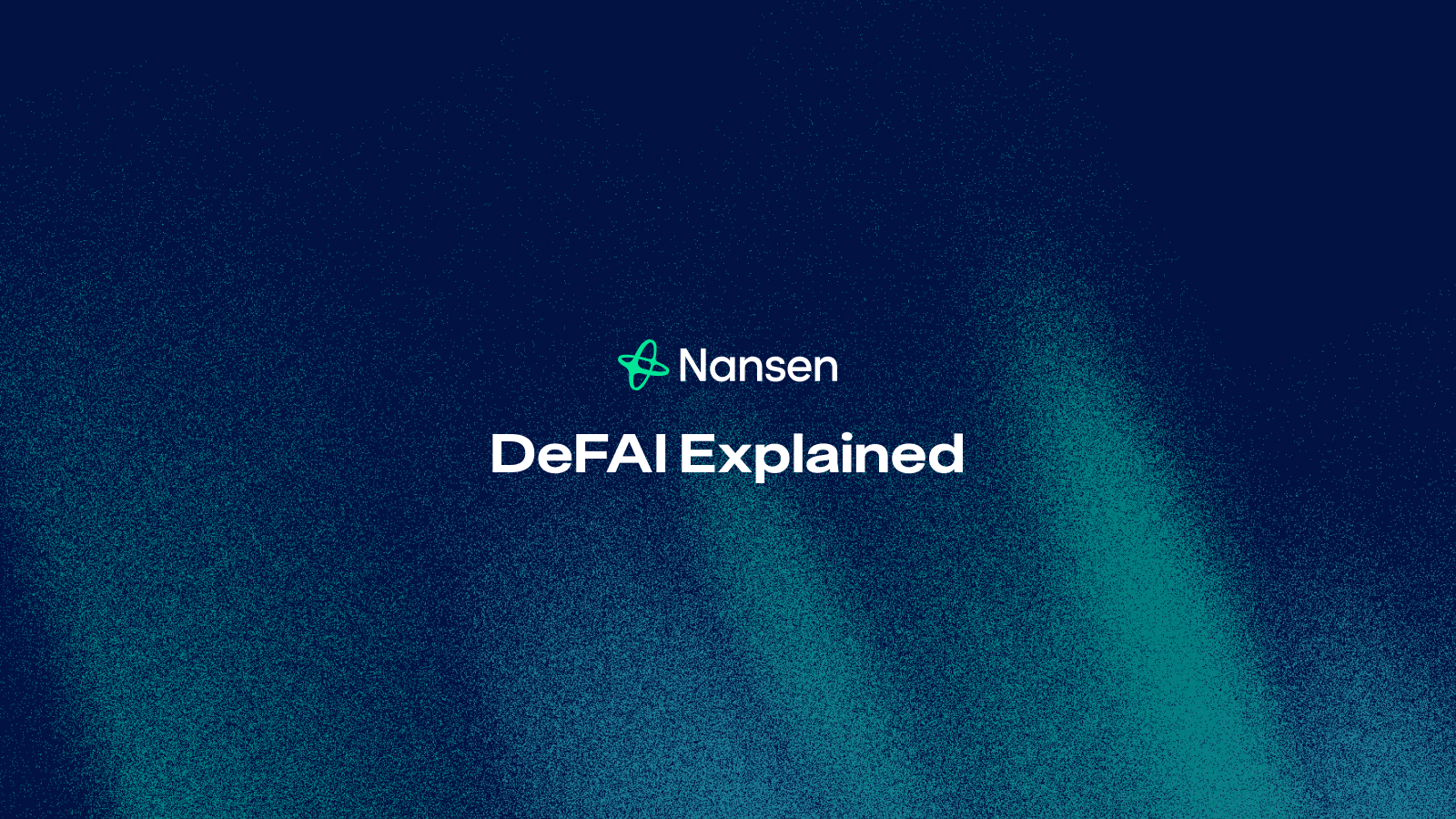
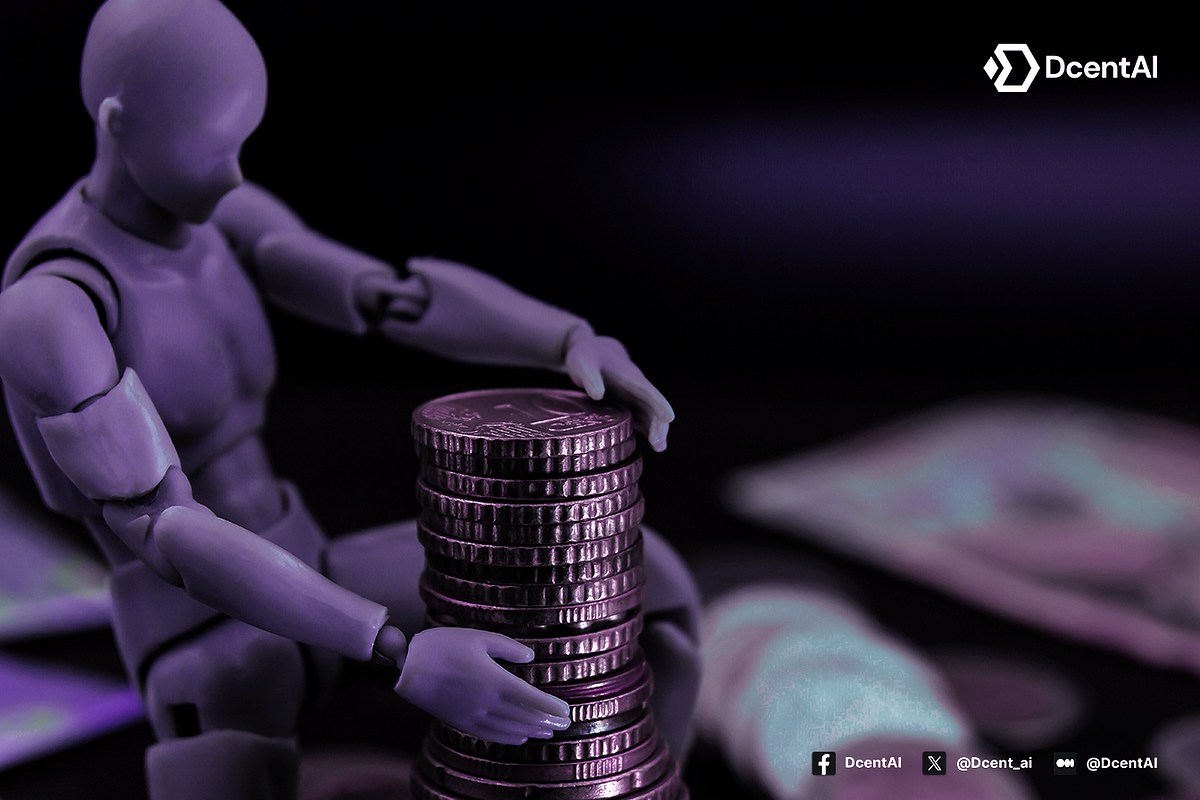
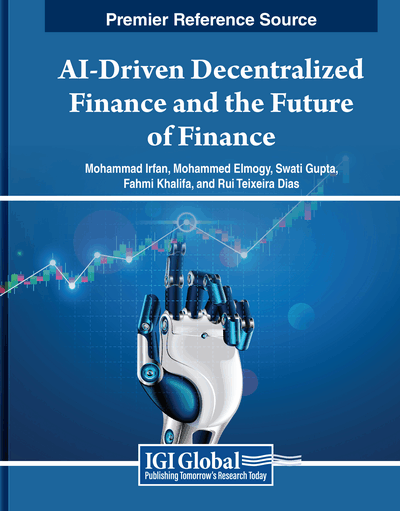
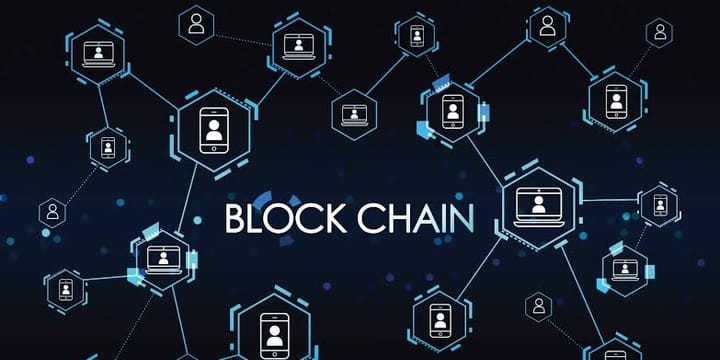









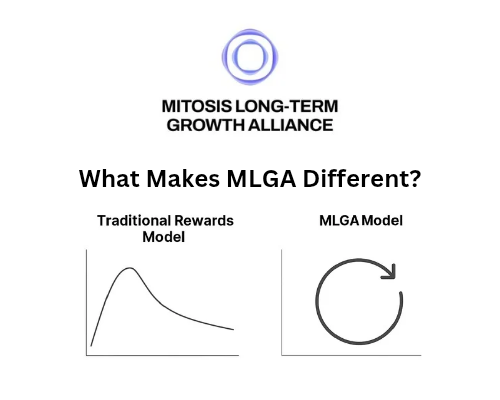
Comments ()